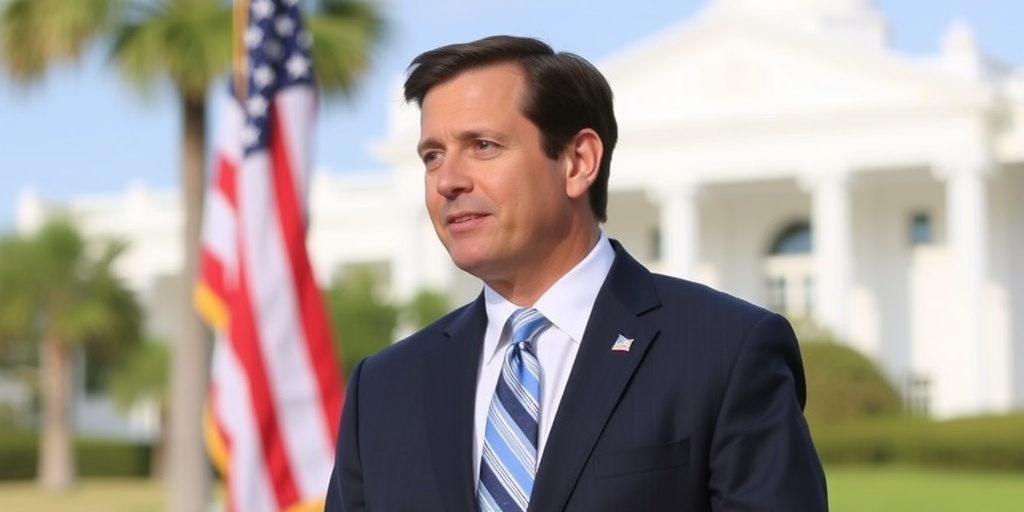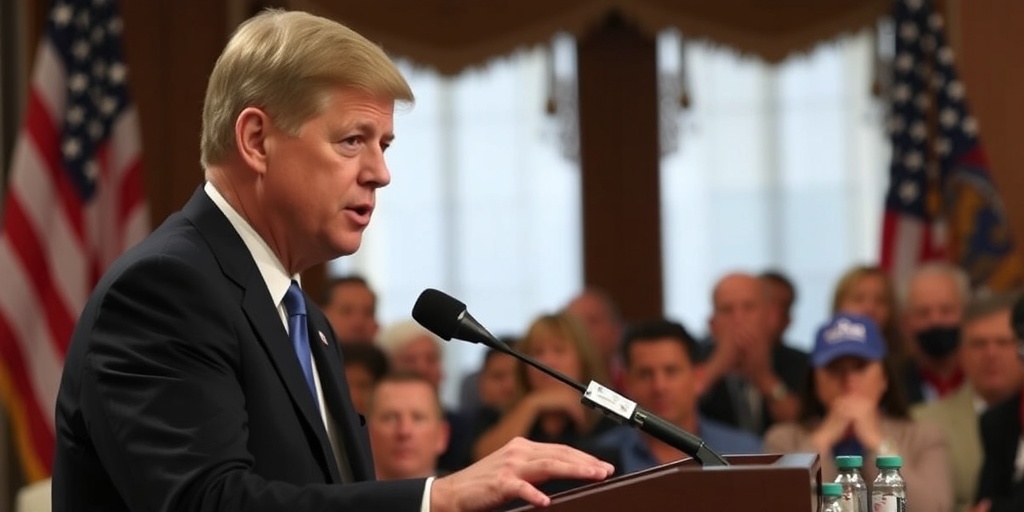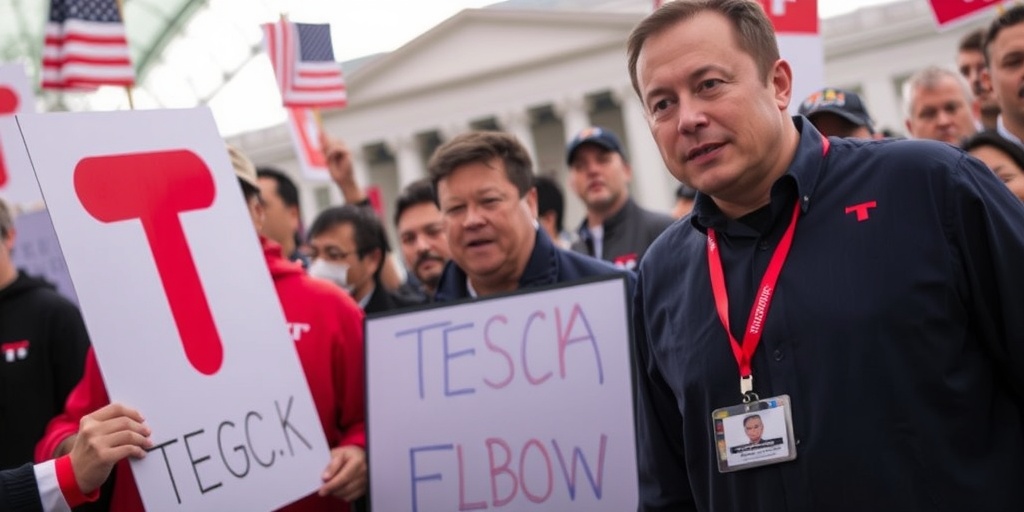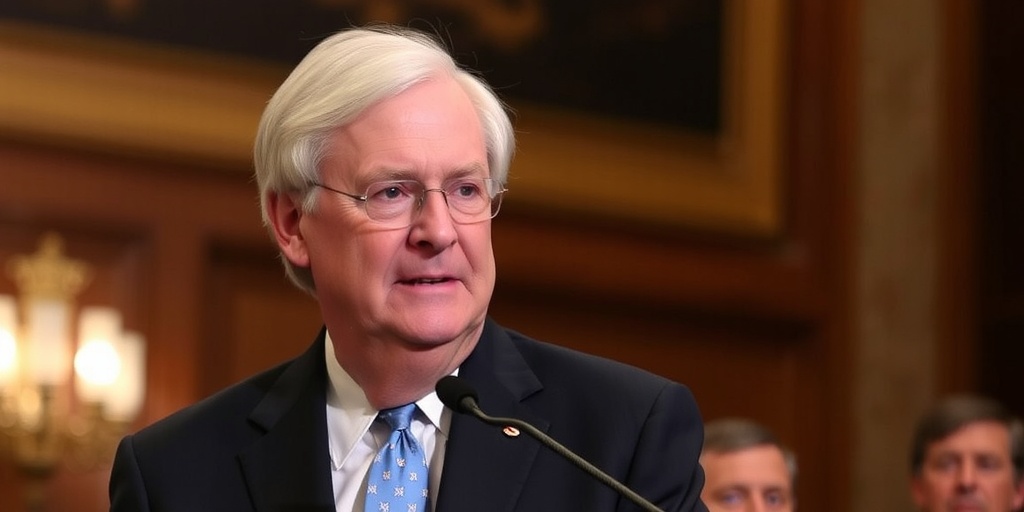Now Reading: Is It Legal? A Summary of Trump’s Major Moves So Far
-
01
Is It Legal? A Summary of Trump’s Major Moves So Far
Is It Legal? A Summary of Trump’s Major Moves So Far
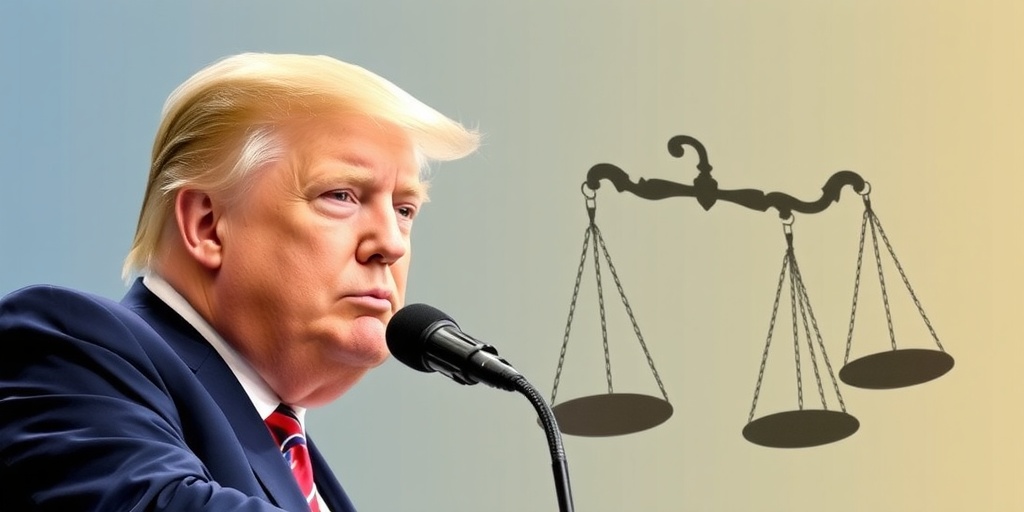
Trump’s First Month in Office: An Overview of Controversial Executive Actions
In the initial month of his presidency, Donald Trump has already implemented a sweeping series of changes within the federal government. Some of these actions adhere to the traditional powers granted to a president, while many others raise significant legal concerns, potentially violating existing statutes and igniting debates over the constitutional boundaries of presidential authority.
Legal scholars and political analysts have expressed alarm over the extent and nature of Trump’s actions, suggesting that the nation may be on the brink of a constitutional crisis. The unique makeup of the Supreme Court, featuring a Republican supermajority, may amplify the potential for expansive interpretations of presidential authority. Below, we summarize some of the most impactful and contentious actions taken by the Trump administration thus far.
Staffing Changes and Agency Overhauls
One of the first major moves by Trump involved significant staffing changes across various federal agencies. Among these actions, Trump has been accused of unlawfully accessing sensitive data from the Treasury Department through an initiative dubbed the Department of Government Efficiency (DOGE), led by Elon Musk. This action sparked multiple lawsuits from states claiming violations of the Administrative Procedure Act and the 1974 Privacy Act.
In addition to this, the administration moved to dismantle the U.S. Agency for International Development (USAID), placing thousands of employees on leave. Legal confrontations have erupted, with labor unions challenging the president’s authority to dissolve the agency without Congressional approval.
The firing of key officials from independent agencies has drawn particular ire. Trump dismissed leaders from organizations designed to protect whistleblowers and uphold civil rights, with several of the dismissed officials pursuing legal action for dismissal without proper cause, which conflicts with their statutory protections.
Federal Employee Policies
Trump’s administration has also introduced policies impacting federal workers significantly. An executive order now allows agency heads to dismiss certain career employees without adhering to standard civil service protections. This action was met with criticism from labor unions, which have argued that it undermines established rights for federal employees.
The offer of buyouts to federal workers has also raised eyebrows, as experts note potential conflicts with existing laws regarding leave and severance for federal employees.
Financial Management and Spending Measures
Another critical area of contention involves financial decisions made by the Trump administration. Early in his presidency, Trump instituted blanket spending freezes across a wide array of federal programs, which he insists is within his authority. However, this has been challenged in court, as critics argue it infringes on Congressional powers regarding the budget and appropriations—an area where Congress holds the "power of the purse."
There have already been temporary restraining orders against some of these spending freezes, indicating that legal battles over fiscal controls are likely to intensify.
Foreign Affairs and International Relations
Trump’s controversial stance on foreign policy has included allowing TikTok to continue operating in the U.S. despite congressional legislation aimed at banning it. He has also ordered a withdrawal from international organizations such as the World Health Organization (WHO) and the Paris climate accords, raising questions about his unilateral authority to reverse decisions solidified by Congressional actions.
Moreover, tariffs imposed on Chinese goods and sanctions against the International Criminal Court depict a transactional approach to international relations, mirroring moves from his previous administration.
Immigration Policies
On immigration, Trump’s administration has similarly made bold moves, including a bid to end birthright citizenship for children of undocumented parents. This effort has faced legal challenges, with several judges blocking its implementation. Additionally, controversial policies such as sending migrants to Guantánamo Bay have raised significant ethical and legal questions.
Trump’s crackdown on asylum applications has prompted lawsuits from immigrant advocacy groups, asserting that the president’s restrictions violate international law and constitutional rights.
Domestic Policies and Social Issues
Domestic policy changes under Trump have also targeted LGBTQ+ rights and diversity initiatives. Actions such as ordering transgender women in federal prisons to be housed with male inmates and threatening funding from hospitals that provide gender transition treatments have met legal resistance.
The administration’s move to erase references to diversity from government websites has prompted lawsuits alleging violations of federal law.
Conclusion
As Trump navigates his presidency, the scope of his authority and the constitutional limits on presidential power are being put to the test. The administration’s actions, which many argue overstep legal boundaries, are inviting scrutiny and challenges that could shape the political landscape for years to come. As various lawsuits progress through the courts, the implications of Trump’s controversial decisions will likely continue to unfold, highlighting the tenuous balance of power between the executive branch and other governmental entities. The combination of immediate legal repercussions and the potential long-term consequences of these actions marks a significant chapter in American governance and political discourse.
Stay Informed With the Latest & Most Important News
Previous Post
Next Post
-
 01New technology breakthrough has everyone talking right now
01New technology breakthrough has everyone talking right now -
 02Unbelievable life hack everyone needs to try today
02Unbelievable life hack everyone needs to try today -
 03Fascinating discovery found buried deep beneath the ocean
03Fascinating discovery found buried deep beneath the ocean -
 04Man invents genius device that solves everyday problems
04Man invents genius device that solves everyday problems -
 05Shocking discovery that changes what we know forever
05Shocking discovery that changes what we know forever -
 06Internet goes wild over celebrity’s unexpected fashion choice
06Internet goes wild over celebrity’s unexpected fashion choice -
 07Rare animal sighting stuns scientists and wildlife lovers
07Rare animal sighting stuns scientists and wildlife lovers













